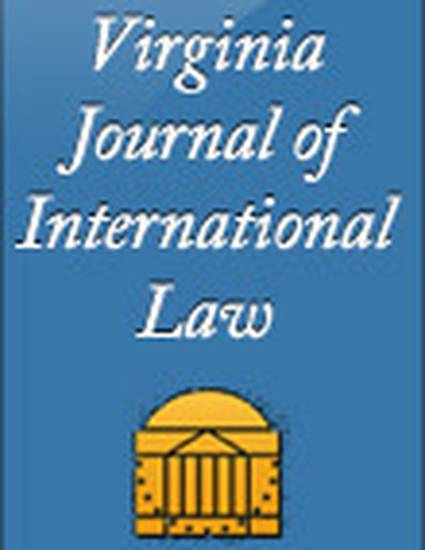
Extradition poses a set of unique challenges for current theories of international law. State decisions regarding extradition involve the intersection of domestic criminal law, complex international treaties, and often overtly political considerations, thus def ing neat explanation by legal theorists. This Article argues that current theory fails to adequately explain the international law of extradition because it relies on state-centric models of international relations. By focusing our attention on unitary state interests, commentators overlook the important ways in which domestic politics shapes and influences state behavior. More particularly, this Article argues that domestic groups and institutions both constrain and empower government decision-makers in structuring international extradition arrangements. Government officials often have conflicting incentives regarding extradition decisions, and these tensions help explain the trade-offs states have made between commitment and flexibility in extradition treaties. A closer examination of the incentives of domestic actors in extradition decisions also reveals a deeper issue that current theory overlooks: the possibility of "compliance uncertainty," or situations where states are unsure what actions count as compliance. Compliance uncertainty has fundamental consequences for the structure, substance, and practice of extradition treaties, as well as for international law in general.
Available at: http://works.bepress.com/william_magnuson/5/
